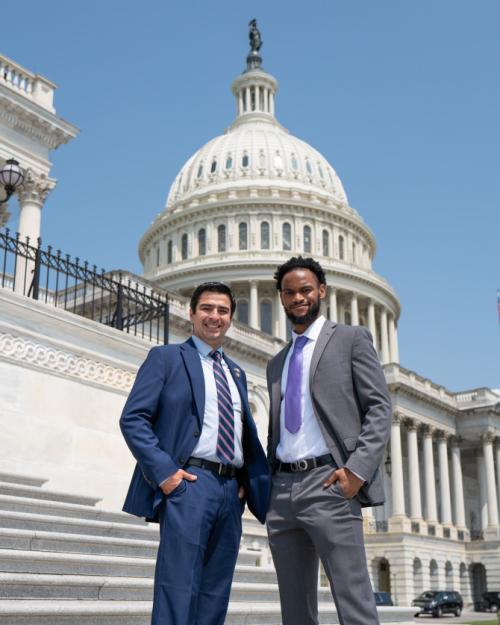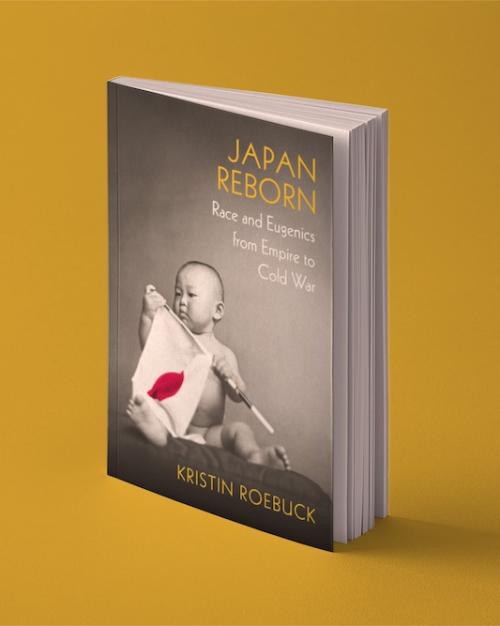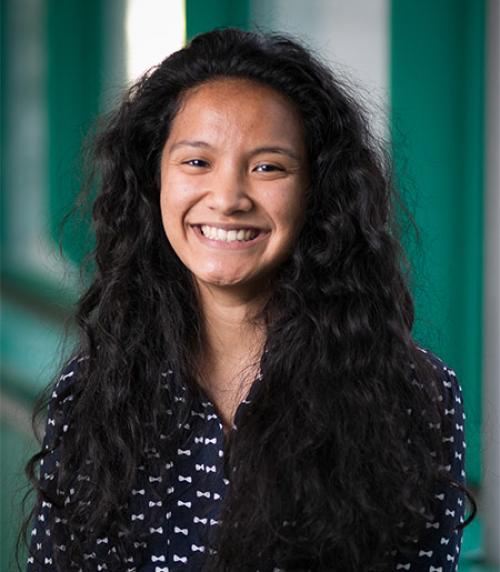Vanessa Lazaro
Psychology & Sociology
Surprise, AZ
What are the most valuable skills you gained from your Arts & Sciences education?
Interdisciplinary critical thinking is probably the most valuable skill I have gained throughout my time in Arts & Sciences. Due to the College’s wide array of courses, I have taken classes outside of my majors such as biology, chemistry, Tagalog, cognitive sciences, American studies—the list goes on. Many times, I find myself discovering concepts and theories from one field of study and integrating them back to another. Thinking across disciplinary lines leads me to be a more creative, analytical thinker—one who is not afraid to make intellectual leaps across academic boundaries to craft new perspectives.
What have you accomplished as a Cornell student that you are most proud of, either inside the classroom or otherwise?
I am most proud of what I have accomplished as a research assistant. At the start of my sophomore year, I began as an RA in Prof. Alexander Ophir’s Neuroethology Lab in the psychology department under the guidance and mentorship of a graduate student, Lisa Hiura. She had a fresh, new project in the works regarding how alterations in early life development might influence later prosocial behavior in prairie voles. From then on, I had the opportunity to start this research with her in its very early stages and spent three years scoring behavioral videos and slicing prairie vole brains in the basement of Uris Hall. Now, three years later, we are analyzing data and writing a manuscript about this once in-the-works project turned into an actual, final product. Being able to be so enriched by a research project, knowing its every detail inside and out, and seeing it through until the end is really fulfilling and has been one of my proudest accomplishments here at Cornell.
How have you changed since you first arrived at Cornell? What have you discovered about yourself?
Moving my life cross-country and attending college so far away from home offered me a chance to separate myself from what I knew and what I was used to. I became more independent and learned how to make choices for myself. Though I think the most important self-discovery Cornell has offered me is the ability to effectively navigate predominantly elite spaces as a woman of color who is commonly tokenized. I have recognized that having this identity comes at a cost, but entering these spaces is critical for the normalization and advancement of those in succeeding generations who share similar identities to my own.




